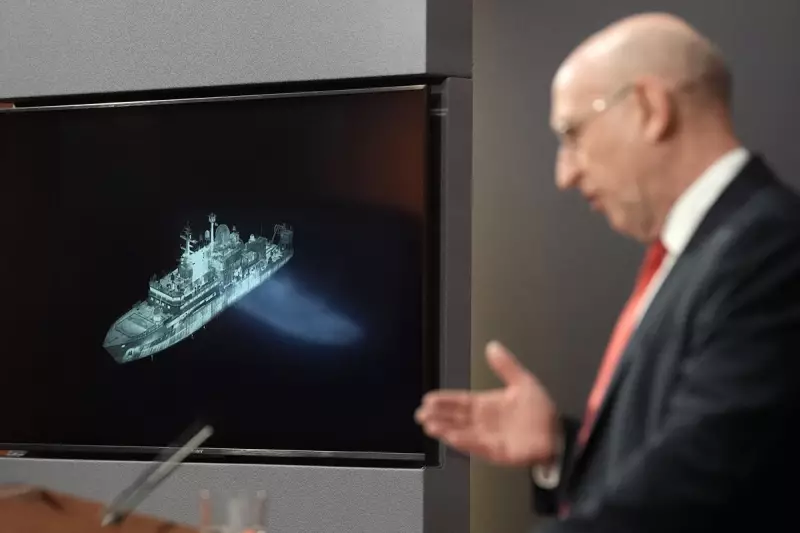
Laser Attack and a Stark Warning
Defence Secretary John Healey delivered a direct message to Vladimir Putin on Thursday, 20 November 2025, following an aggressive act by a Russian surveillance vessel. The ship, Yantar, was tracked off the north of Scotland when its crew targeted the pilots of a British RAF P-8 maritime patrol aircraft with laser beams. Mr Healey condemned the action as "deeply dangerous" and issued a firm warning: "We see you. We know what you are doing. And if Yantar travels south this week, we are ready."
A Systemic Failure in National Defence
This brazen act of hostility occurred just as the powerful Commons Defence Committee published a damning report on the UK's military readiness. The report, bluntly titled "Questions raised about UK’s fundamental ability to defend itself", concluded that the nation is woefully unprepared for a crisis or conflict. It stated that the Ministry of Defence is likely incapable of protecting the UK and its Overseas Territories.
The committee highlighted that the UK is failing in its primary duty under Article 3 of the Nato founding charter, which requires members to maintain a credible self-defence capability. Alarmingly, the UK remains one of the few founder members without a proper Nato-compliant National Defence Plan.
The report identified several critical weaknesses in the UK's defensive posture:
- Inadequate missile and drone defences for key national infrastructure, including Heathrow Airport, the City of London, and East Coast container ports.
- A severe shortage of air defence systems, with only a handful of Sabre missile batteries scattered across overseas territories and training grounds.
- An army that is underfunded, underequipped, and understaffed, possessing only 14 operational medium 155mm howitzers.
Grim Realities and Future Threats
Military analysts painted a stark picture of the potential consequences. Francis Tusa, a leading analyst, explained that scrambling Typhoon jets from Coningsby would take several minutes, a delay during which armed drones could already be over central London. The situation is compounded by major equipment failures. The army's £7 billion Ajax reconnaissance tank programme is a decade late, and the nation's two large aircraft carriers are still not fully operational.
Brigadier Ben Barry of the International Institute of Strategic Studies offered a grim comparison, noting that while the British Army could barely field one Armoured Brigade for Nato, Poland is preparing six armoured divisions.
General Rupert Smith, a former senior Nato commander, warned that the danger extends beyond Ukraine. He observed that Russia is pursuing a form of wider 'ambiguous' warfare across the region. With a messy ceasefire likely in Ukraine, he fears Russia will use the pause to regroup and rearm, creating a confrontation line with Nato that is longer and more volatile than during the Cold War.
Despite these warnings, a concerning disconnect exists within government. Tan Dhesi MP, Labour Chairman of the Defence Committee, accused the government of not levelling with the public. "There needs to be a coordinated effort to communicate with the public on the level of threat we face and what to expect in the event of conflict," he stated. This stands in contrast to senior officials in Downing Street who continue to insist, "We are not at war with Russia," seemingly ignoring the mounting evidence of a deteriorating security landscape.





